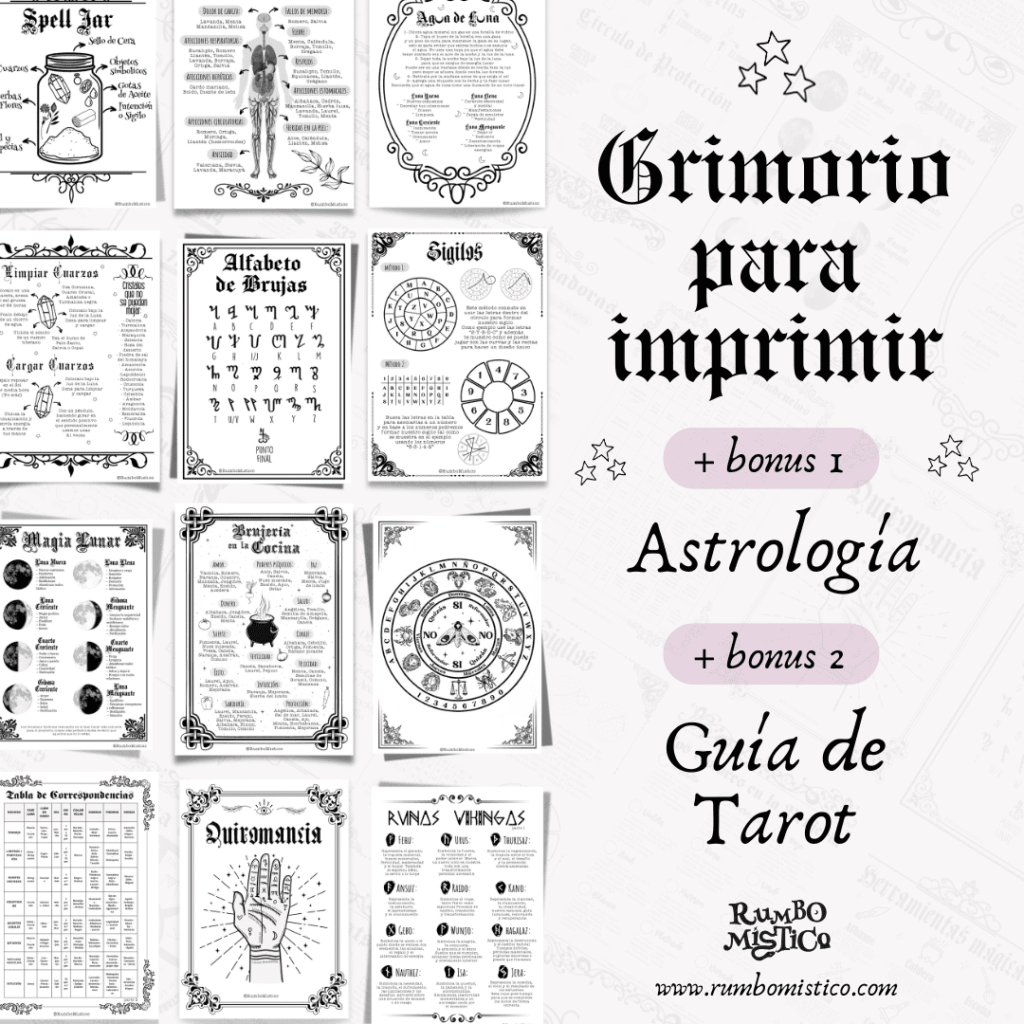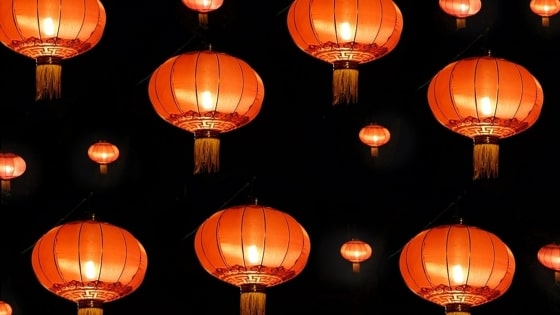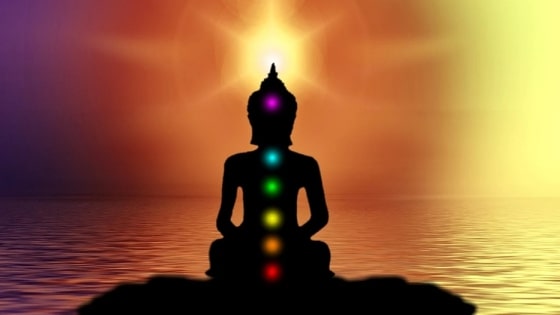Hindu Horoscope
- by Carola D'Angelo | RumboMistico
- Published on
Discover your Rashi
The Hindu horoscope (also known as Vedic or Jyotish) is much older than our Western zodiac. Its origins date back to approximately 1500 BCE, making it one of the most ancient astrological systems in the world. This system is made up of 12 Rashis, the term used in India to refer to the zodiac signs.
Unlike Western astrology, ancient Hindus practiced sidereal astrology. In other words, they based their interpretations on planetary positions (Grahas) in alignment with the constellations, as well as the five elements (Fire, Air, Water, Earth, and Ether), which the Vedas regarded as essential to the formation of matter. As a result, the Hindu zodiac differs in both approach and interpretation from its Western counterpart.
To highlight this contrast, it’s important to understand that the Hindu horoscope focuses more on spiritual aspects rather than material ones. Consequently, it offers deeper, more introspective insights into a person’s essence, exploring their behavior from a highly personal perspective.
Moreover, Hindu astrology is divided into three main branches, each serving a different purpose:
Siddhantas: Concerned with the astronomical study of celestial bodies.
Samhitas: Predict weather phenomena, natural disasters, economic shifts, wars, epidemics, and more.
Phalitha Jyothisha: Focused on personal predictions based on each individual’s birth chart.
Explore your Rashi and see what the Hindu Horoscope reveals about you!
Read more horoscopes
MESHA–ANGARAKA (March 21 – April 20)
This sign represents fire and is equivalent to Aries. Natives of this Rashi are extremely passionate and highly dynamic, with strong and magnetic personalities. Although they can be explosive in character—sometimes even cruel—their intensity is often rooted in a desire to protect. In relationships, they may be dominant to the point of possessiveness; however, their true intention is to shield those they love most.
VRISHASKA–SURKRA (April 21 – May 20)
Equivalent to Taurus, this sign is driven by ambition and the pursuit of comfort and financial security. People born under this Rashi possess a powerful will, allowing them to overcome obstacles and fulfill their goals. Additionally, they are naturally kind-hearted and willing to help others. Nevertheless, they should be cautious with their competitiveness to avoid unnecessary conflicts.
MITHUNA–BUDHA (May 21 – June 22)
Equivalent to Gemini—though without the Western duality—this sign is known for its energy and intellectual drive. Natives are enthusiastic, enterprising, and love a good challenge. These qualities often lead them to personal and professional success. When it comes to relationships, however, they may struggle with commitment, easily shifting their affections to new fascinations over time.
KATAKA–CHANDRA (June 23 – July 22)
This sign is the equivalent of Cancer. Natives are kind, yet emotionally sensitive. Due to their sharp intuition, they often distrust others—and more often than not, they’re right. They find comfort in close family or romantic relationships. To feel secure, they need constant expressions of love and affection; otherwise, they may begin to feel unloved or neglected.
SIMAHA–RAVI (July 23 – August 22)
Equivalent to Leo, this Rashi produces natural-born leaders. They captivate others with their physical presence, intellect, and charisma. Thanks to strategic thinking and confidence, they often achieve great success. Known for offering excellent advice, they tend to have many friends. In love, they use all their charm and creativity to attract partners—sometimes excessively so.
KANTA–BUDHA (August 23 – September 23)
This sign matches Virgo. Natives are perfectionists, extremely detail-oriented, and highly critical—both of themselves and others. As a result, they often face stress and anxiety. On the bright side, they have the rare ability to turn even unpleasant things into something beautiful.
THULA–SUKRA (September 24 – October 23)
Equivalent to Libra, this Rashi stands out for its intelligence and magnetic charm. Natives care about their appearance and have exceptional communication skills, making them naturally social. They fight for justice and protect the vulnerable. When in love, they seek a stable and supportive partner who shares their values and dreams.
VRISCHICA–ANGARAKA (October 24 – November 22)
This Rashi corresponds to Scorpio. Natives have intense willpower—not only to reach their goals but also to heal from deep emotional wounds. They’re effortlessly magnetic, and their strong inner drive leads them toward self-improvement. Whether through sensitivity or creativity, they know how to win people over.
DHANUS–BRISHASPATI (November 23 – December 22)
Equivalent to Sagittarius, this sign represents charm, generosity, and a deep love for friendship. Natives value loyalty and enjoy sharing adventures with their close circles. They thrive when they act boldly and seize opportunities. However, their romantic relationships can be unstable—especially during their younger years.
MAKARA–SANI (December 23 – January 20)
This sign is the equivalent of Capricorn. Natives are ambitious, disciplined, and incredibly determined. Their sharp minds help them plan carefully and execute flawlessly. They live by firm principles and seek stable partners who bring balance to their lives. Their ability to excel makes them admired by many.
KUMBHA–KETHU (January 21 – February 19)
Equivalent to Aquarius, this Rashi is made up of hardworking, courageous, and sociable individuals. They are drawn to humanitarian causes and often play key roles in social movements. Although they may not show emotions openly, they are loyal and reliable. They constantly pursue new experiences that bring them wisdom and joy.
MEENA–GALIKA (February 20 – March 20)
This sign corresponds to Pisces. Natives are deeply intuitive, sensitive, and emotionally complex. Despite projecting confidence, they often struggle internally with feelings of rejection or social anxiety. To regain balance, they need solitude and time to reflect. When bored or misunderstood, they can become argumentative or withdrawn.











